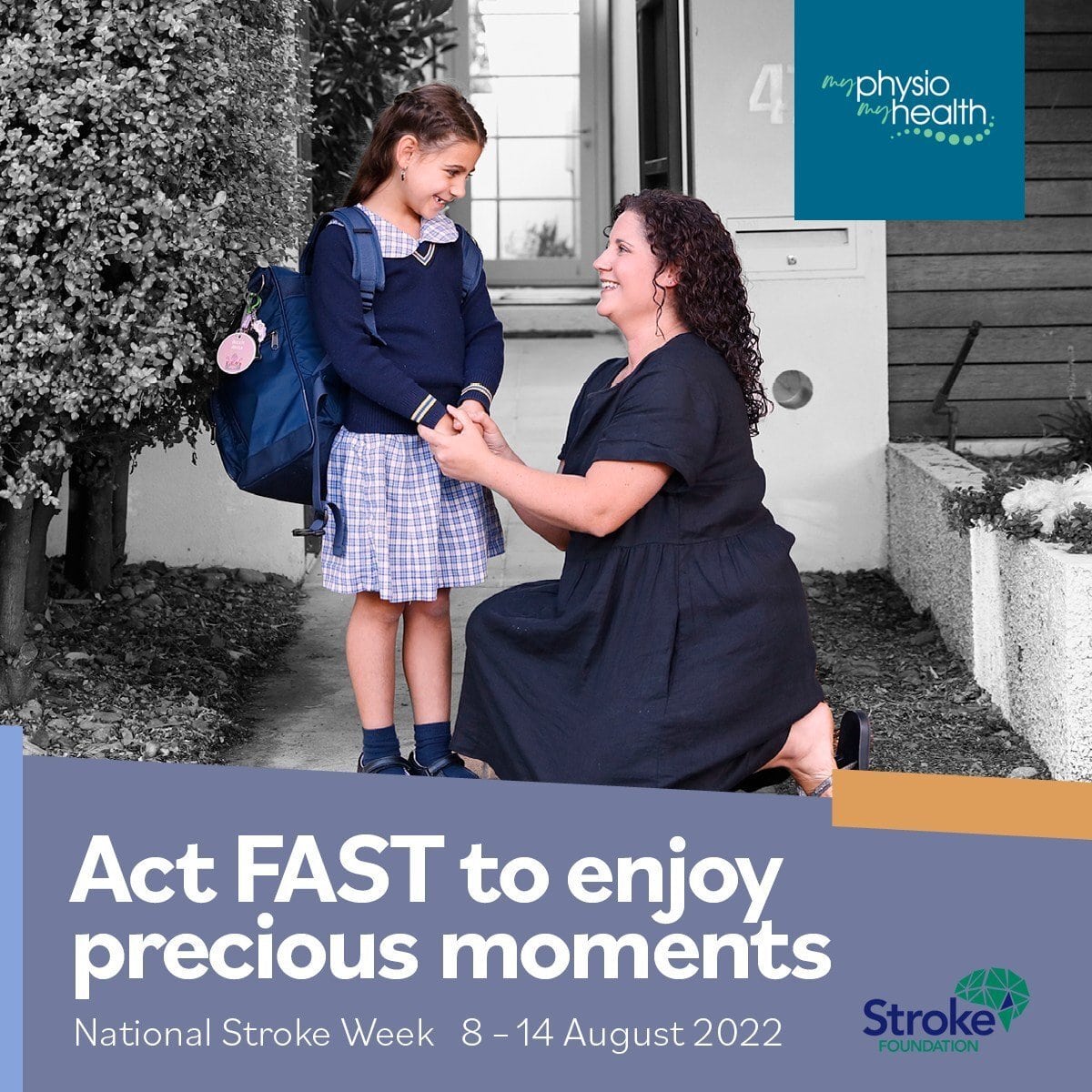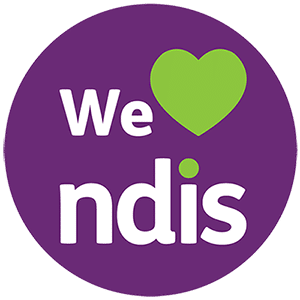
Stroke Awareness Week
From the 8-14th of August is National Stroke Awareness Week. Every year it is estimated that there are 38,600 stroke events a year, this is more than 100 every day. Of these stroke events 5.3% will not survive and 2.7& will be left with a permanent disability. So, what is a stroke and can you help to prevent it happening in yourself or a loved one.
What is a stroke?
A stroke occurs when a blood vessel supplying blood to the brain becomes blocked or ruptures. There are two types of strokes an ischaemic stroke, blocked blood vessel, and a haemorrhagic stroke, blood vessel ruptures and begins to bleed on the brain. A stroke can cause limited blood supply to the brain and therefore cause a decreased in essential nutrients reaching the brain, such as oxygen and sugars, as well. The decrease in these nutrients can cause part of the brain to die resulting in sudden impairments such as paralysis, speech problems and swallowing, vision and thinking difficulties.
Decreasing the Risk
Although you may not be able to tell when a stroke is coming on, there are things we can do to minimise the risk of a stroke occurring. One of the ways we can look at decreasing our risk of stroke is through making changes with our nutrition. Here are just some of the ways we can look at prevent strokes from occurring with foods:
Include a variety of foods at a variety of meals.
Making sure we include a variety of foods means we are including a variety if macro- and micronutrients. Fruits and vegetables will provide us with a range of fibre, vitamins and minerals. Grain foods provide us with carbohydrates for energy and fibre. Meat and its alternatives provide protein, iron, and zinc. Lastly dairy provides you with protein, carbohydrates and calcium. Keeping a balance is important to make sure we don’t miss out on something important.Manage high blood pressure.
Having high blood pressure can be a risk factor for a stroke event occurring. To manage high blood pressure, we monitor salt intake as salt acts like a sponge soaking up water. The increase water in the blood increases the pressure of it on the blood vessel walls which can lead to ruptures or clots forming causing strokes. To reduce salt in the diet, look for salt reduced products when cooking or use herbs, spices or lemon/limes to flavour foods.Manage high cholesterol.
Like high blood pressure, high cholesterol is a risk factor for a stroke occurring. High cholesterol cause damage to blood vessels that can result in narrowing of them. When blood vessels become narrow blood vessels can become blocked by clots or rupture causing strokes. Managing high cholesterol looks at the types of fat we are having in the diet. Fat is needed in our diet to help us absorb specific vitamins but also to protect our organs. The types of fat we want to include are our unsaturated fats so foods like olive oil, nuts, avocados, oily fish and margarines.If you would like any additional information or help managing the conditions spoken about in this article, contact us today to book an appointment with Jess, our accredited practising dietitian.

Written by Jess Koznedelev
Jess has a great passion for all things food, especially the joy it can bring people. Her big passion areas include Health At Every Size®, eating disorders & paediatric nutrition.
As accredited practicing dietitian, Jess provides an evidence-based, individualised approach to help you make sustainable health behaviour changes that are long lasting. Book a Dietetics Consultation today.
 WISHING EVERYONE A HAPPY NEW YEAR! WE'VE RETURNED TO OUR REGULAR OPENING HOURS
WISHING EVERYONE A HAPPY NEW YEAR! WE'VE RETURNED TO OUR REGULAR OPENING HOURS



